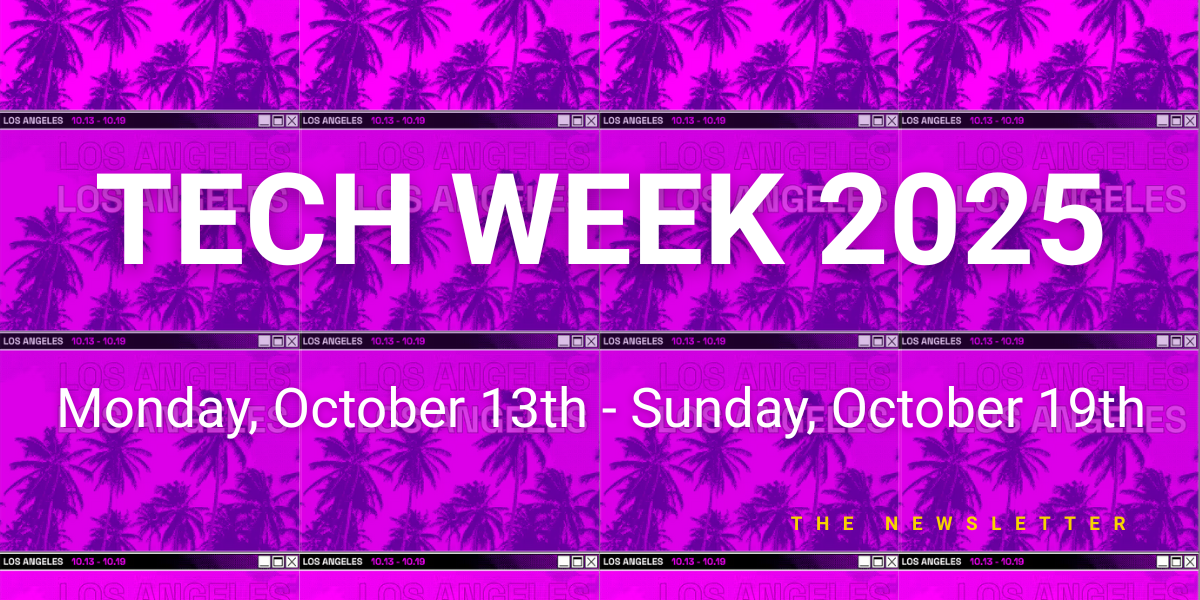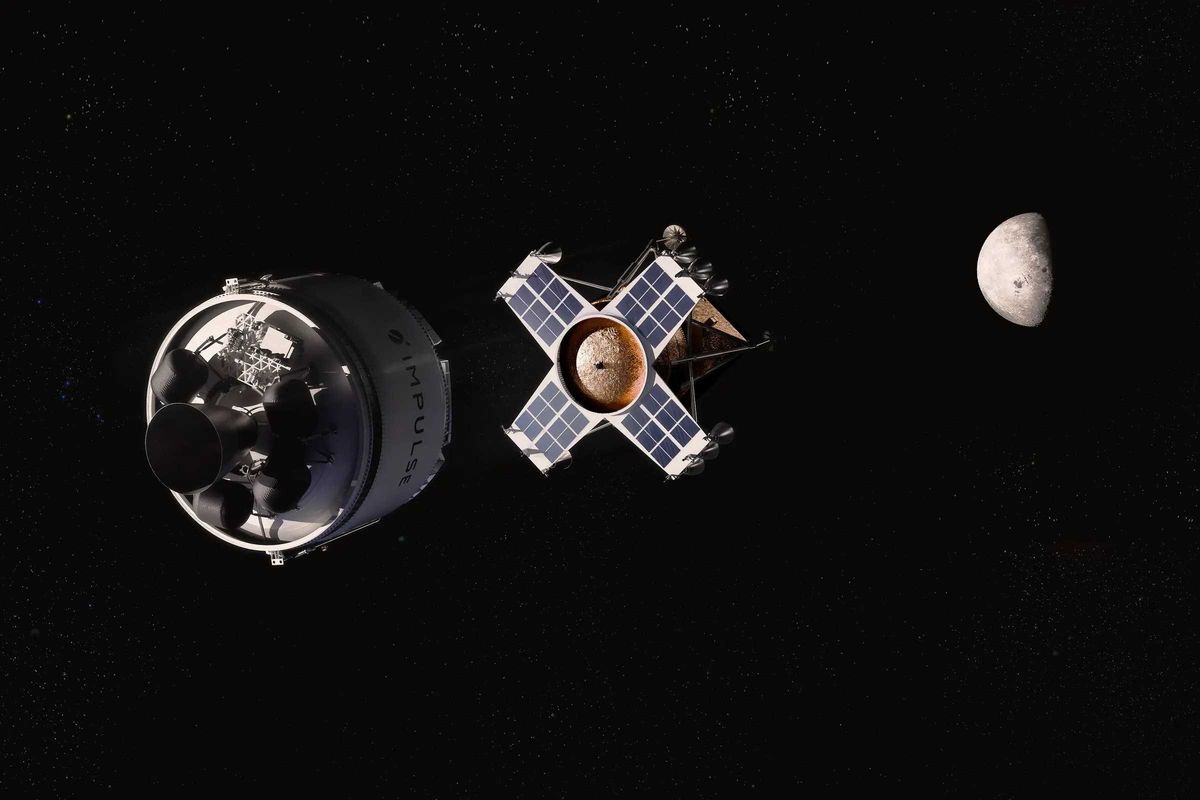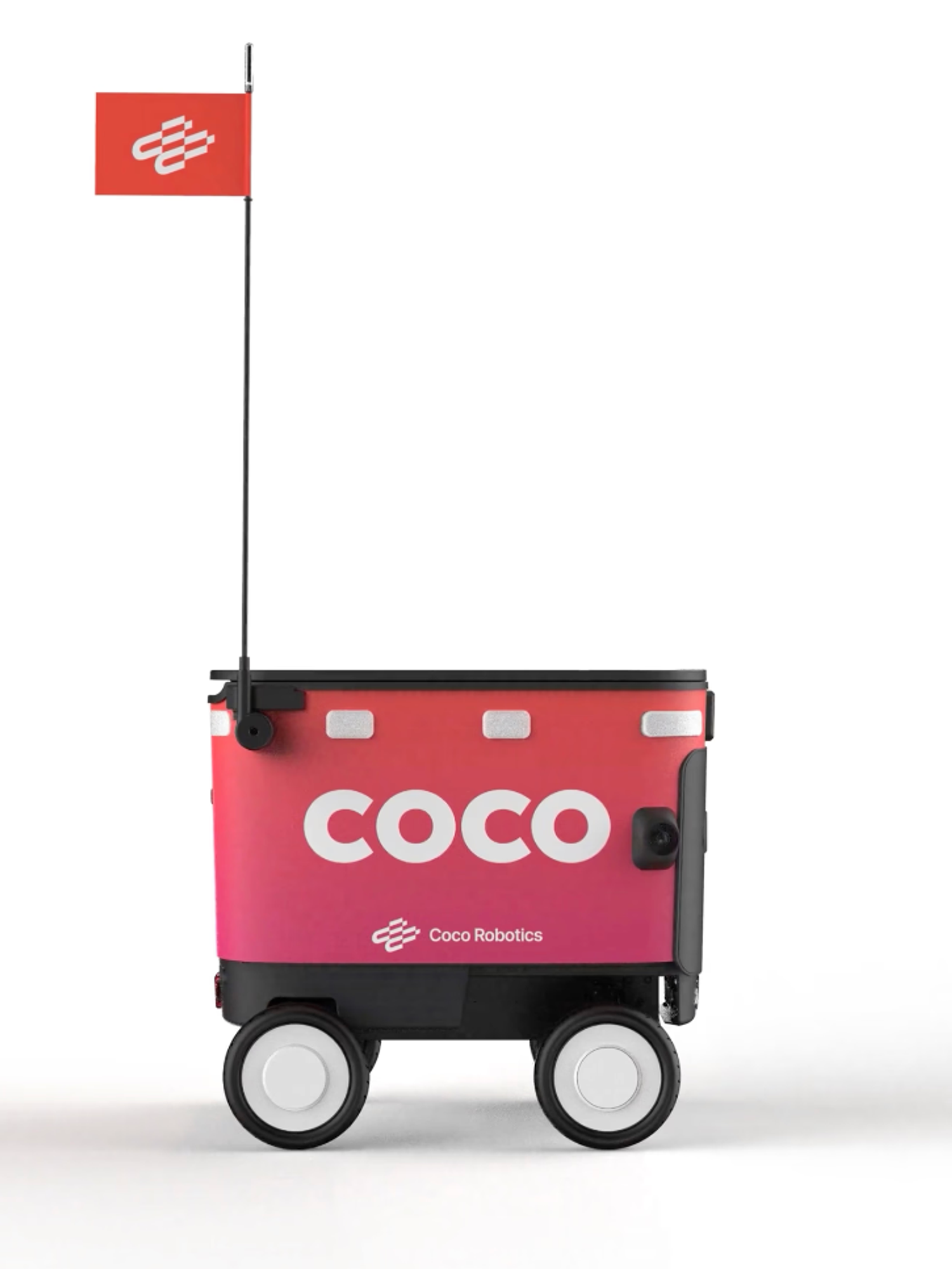The Rise of AI Advertising: How Algorithms Are Outsmarting Human Analysts

This is the web version of dot.LA’s weekly newsletter. Sign up to get the latest news on Southern California’s tech, startup and venture capital scene.
AI-enabled technology continued creeping into every aspect of our daily lives this week. A viral TED Talk features an early prototype for a wearable AI assistant. Alphabet merged its internal “Google Brain” team with DeepMind, the company it acquired in 2014, to significantly accelerate progress on AI research. Meanwhile, Elon Musk took some time away from having the WORST. 4/20. EVER. to talk up his latest AI project, a bot called TruthGPT that will investigate the meaning of life.
Nonetheless, Google still somehow managed to find a new way to generate a few headlines with yet another new integration for AI technology. According to a report from The Financial Times, Alphabet plans to use generative AI to create new kinds of original advertising across all of its various platforms. The same Large Language Model (LLM) that powers the Bard chatbot, along with some of the AI features available in Gmail and Google Workspace, will now develop ads and even whole ad campaigns for the company’s various platforms, including YouTube, Maps, Gmail, and even search result pages.
We’re not talking text-to-video here, exactly. Alphabet won’t just be writing simple prompts and letting the software design an entire campaign from there. Instead, sponsors and clients will supply Google with “chunks” of content related to their product offering, including images, video clips, and written copy. The bot will then “remix” all of these materials into an original ad, customized and fine-tuned around various Alphabet platforms and services.
The new AI ads will be integrated into a mysterious Google beta program known as “Performance Max.” First introduced in late 2020, Performance Max is designed to maximize ad efficiency and reach across all Google platforms, and treats the company’s entire suite of products and services holistically, as a single advertising channel.
That means sponsors don’t decide whether they want their ads to appear on Google search pages or within Google Maps results or even ahead of YouTube videos. They just sign up, provide sales and CRM data, upload creative assets, lay out their budgets and the type of conversions they’re looking for, and allow Performance Max to do the rest. It’s something of a black box, focused on results but giving advertisers less granular control over their campaigns.
As Google executive Sean Downey explained to Digiday this week, Performance Max remains focused on “outcome and optimization,” giving advertisers fewer options because “too many constraints around their campaigns can actually hinder that goal.” Nonetheless, the addition of AI bots – which also work in mysteriously inexplicable ways behind the scenes – to an already obscured system is a bit like putting a black box inside another black box. Google is falling back on years of built-up trust from brands here.
AI and AI-like systems have long been employed by the advertising industry, which relies on a large amount of number-crunching to guess at what kinds of messaging are going to reach the most receptive audiences across various platforms. It’s nearly impossible for human analysts to compete with software when it comes to comparing so many variables – from audience to device to time of day, context, performance, and so on – across so many different platforms. AI-enabled systems are also more dynamic, and can respond to shifts in user behavior or traffic in real time, making them particularly useful for launching and maintaining ad campaigns and maximizing their effectiveness. So it’s perhaps unsurprising that companies like Alphabet plan to expand their integration behind-the-scenes.
The notable shift is in making this AI output public-facing. Rather than relying on bots to design and run ad campaigns written and planned out by humans, Google will now have the bots actually writing the copy and producing the finished videos themselves. It’s sure to save the sponsors money, down the road, and perhaps also increase efficiency, while likely also costing some human copywriters and marketing executives their jobs.
Google’s not alone, either, in exploring the various ways AI software can assist its advertising business. Earlier this month, Meta announced plans to use generative AI to create new kinds of advertising for its various platforms. Microsoft also has plans to utilize technology developed by its in-house division, ChatGPT creators OpenAI, to improve and fine-tune its ad business. The company has been testing ads embedded in Bing AI chatbot responses since February, though it has declined to report how many users have actually seen or interacted with the ads. (These links aren’t marked as ads within the Bing AI chat conversations, though an ad icon appears if a user hovers over the link.) Microsoft is also playing around with photo and video ads for Bing chats.
California startup Creative.ai is trying to bring a similar kind of system to independent video game designers. Founder and CEO Athar Zia explained to Forbes last week that, once a video game developer identifies an ad type that works well to promote their game, they then must invest a lot of their time producing “endless imitations and iterations” of that ad for various platforms and app stores. The company’s technology, on the other hand, analyzes successful gaming ads and then replicates them automatically for new products.
Whether there will be room in the AI-enabled advertising world for up-and-comers remains to be seen. Regardless, farming out some – if not all – of the work involved in mounting a campaign to digital ad managers seems all but inevitable at this point. The apps can keep an eye on progress across multiple platforms, 24 hours a day, and they go through a lot fewer bottles of whiskey and orders of Clams Casino than the Mad Men.
- Is AI Making the Creative Class Obsolete? ›
- Retina AI Secures Additional $8 Million for Ecommerce Analysis ›
- Is AI Art Genuine Creativity or a Gimmick To Go Viral? ›
- Google Alters Search Results, Snapchat’s AI Girlfriend - dot.LA ›
- LA Tech Week: AI's Role in Advertising and Marketing - dot.LA ›





 Image Source: Blackbird
Image Source: Blackbird
 Image Source: Anduril
Image Source: Anduril Image Source: Impulse Space
Image Source: Impulse Space Image Source: Coco Robotics
Image Source: Coco Robotics